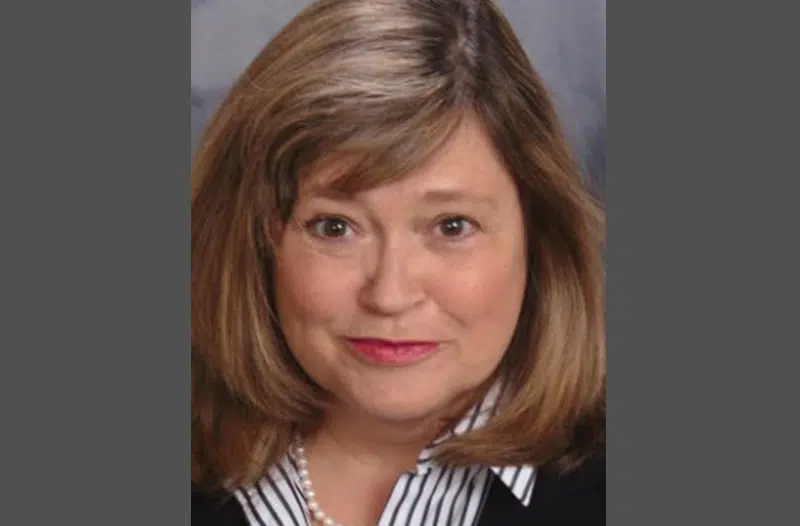by Marie Apke
I come from a family of strong women who continually faced cancer. In 1965, my grandmother courageously had a radical mastectomy due to breast cancer. My mom was very worried about getting breast cancer, too, and then she was diagnosed and had a lumpectomy when she was 62.
My oldest sister developed bile duct cancer and spent two very tough years trying to do her best to live. At the same time, after almost 25 years, my mom’s breast cancer returned and ultimately caused her death. So, within one year, I lost our mom and my sister.
My youngest sister, Lou, and I religiously scheduled our annual mammograms. Unfortunately, she was diagnosed with breast cancer, too. She was tested for a BRCA mutation, and surprisingly was negative!
Looking for more genetic answers
I still felt that my family history of breast cancer seemed to be more than just random. I decided to talk to a genetic counselor and let her know that BRCA was not part of our history. She recommended that Lou have a genetic test for mutations in other genes. That is how she found out that she has a PALB2 mutation.
Although the results were hard to hear, my family finally understood why we continued to be affected by breast cancer. It probably also explained why my oldest sister died of bile duct cancer, which may also be linked to PALB2 mutations.
I knew I also needed to take the test. I was shocked, frightened and angry when I found out that I also had a PALB2 mutation. I felt sorry for myself for about one day. Then I realized I was so very grateful for the explanation my mutation provided and empowered that I could actually do something to decrease my odds of developing breast, bile duct and other cancers.
My genetic test may have saved my life
I went into research mode. I found FORCE and knew that this organization would help me make informed decisions. FORCE understood the issues I faced and how I felt as a previvor.
I had a double mastectomy with bilateral DIEP flap reconstruction in 2017. At the time, I thought that PALB2, breast cancer and my mastectomy would remain on my mind every day of my life. But here is the very good news, it didn’t!
Looking to the future
I realized that my genetic makeup, including PALB2, has been a part of who I am, even before I was born, and that it does not define me. I look forward to the future, when my kids and grandkids, great grandkids and all those down the line (if they are positive for PALB2) can benefit from science that will hopefully fix this genetic mutation.
In honor of my grandmother, mother and sisters, I am now a FORCE peer navigator. Doing this work allows me to speak with people facing PALB2. They empower and inspire me with their strength and hope. I am so very grateful to be part of this community!
